Individually benefiting from a scholarship worth 50,000 lei, the winners of this edition are:
- Computer Science category: Ana-Maria Drăgulinescu
- Exact Sciences category: Alexandra Mihaela Pop
- Exact Sciences category: Daniela Ailincăi
- Life Sciences category: Andreea-Teodora Iacob
- Life Sciences category: Diana Cecilia Bica
L'Oréal – UNESCO "For Women in Science" Romania: the winning projects
Ana-Maria Drăgulinescu, engineer in Telecommunications Technologies and Systems, doctor in Electronics, Telecommunications and Information Technology, and lecturer and researcher at the National University of Science and Technology Politehnica Bucharest, was designated as the first historical winner of the program for the Computer Science category in Romania, with the project "Human-Centered Artificial Intelligence for Internet of Things: Application to Search and Rescue Operations".
The project aims to develop and implement human-centric Artificial Intelligence and Internet of Things technologies, focusing in particular on removing gender and age barriers, in the searching, detecting and rescuing of people affected by natural or anthropogenic hazards, such as accidents.
At the core of the project lies an Internet of Things platform with hardware and software components, a platform that will collect telemetry and image data, creating datasets and algorithms for various real-life Search and Rescue (SAR) scenarios, such as operations in mountains, floods, drownings, earthquakes or fires, with the ultimate goal of improving SAR operations, helping to minimize delays and speed up rescue efforts.
Dr. Alexandra Mihaela Pop, lecturer at the Department of Chemistry from the Faculty of Chemistry and Chemical Engineering of the Babeș-Bolyai University in Cluj-Napoca, distinguished herself within the Exact Sciences category with the project "Group 11 and 12 metal complexes containing diorganodichalcogen ligands with potential applications in optoelectronics". The approached topic aims to develop a fundamental research field, with potential for applications.
The research activity foreseen within the project refers to the design, synthesis, and structural characterization of new organochalcogen compounds and their metal complexes, as well as the investigation of the optical properties of the obtained compounds.
The increased interest of the scientific community in the development of new optically active materials with applicative potential in optoelectronics, such as materials that are used in optic devices like OLEDs, motivates the research topic addressed.
Daniela Ailincăi, doctor in Chemistry, chemical engineer and scientific researcher degree III at the "Petru Poni" Institute of Macromolecular Chemistry in Iasi, was one of the winners of the Exact sciences category with her project "Novel bioactive hydrogels: temporary implants for postsurgical treatment of breast cancer and prevention of local infections".
Through this research project, Daniela aims to create hydrogels with suitable properties to be used as temporary implants after breast surgery. These hydrogels, made from safe materials, will help maintain the shape of the breast in the healing process. The systems will also contain an antimicrobial agent and an anticancer drug to prevent infections and cancer recurrence.
Andreea-Teodora Iacob, PhD Lecturer at the Pharmaceutical and Therapeutical Chemistry Discipline of the Pharmacy Faculty from UMF "Grigore T. Popa" Iasi and Specialist Pharmacist (Pharmaceutical Laboratory and Clinical Pharmacy) was one of the winners of the Life Sciences category with the project "Niosome-based hydrogels as an innovative drug delivery system for wound healing".
The aim of the project is to create a biopolymer-based hydrogel capable of delivering active substances with proven effects of accelerated healing, especially useful in the treatment of acute or chronic full-thickness wounds.
The project aims to include human placenta extract and curcumin in nanovehicles (niosomes), followed by the development of a natural fibroin-based hydrogel that introduces niosomes into the hydrogel matrix.
Diana-Cecilia Bica, biologist, doctor in Medical Sciences and Scientific Researcher at the "Iuliu Haţieganu" University of Medicine and Pharmacy in Cluj-Napoca, distinguished herself within the Life Sciences category with the project "In silico bioinformatics workflows for altered signaling pathways in lung cancer: validation using digital PCR ".
This project focuses on identifying specific molecular changes in adenocarcinoma-type lung tumors (LUAD). By analyzing existing data in public cancer databases, Cecilia aims to establish networks that connect long non-coding RNAs (IncRNAs), microRNAs (miRNAs), and messenger RNAs (mRNAs) involved in various altered cancer signaling pathways. By targeting these pathways with personalized treatments, it is hoped to enrich patients' prognosis and their response to therapy.
For Women in Science Conference: Get Inspired by Leaders in Science
For 25 years, the Fondation L'Oréal and UNESCO have encouraged the participation of women in science and the contributions they make to the evolution of science globally, annually awarding the scientific excellence of five female researchers, each from an important region of the world.
Throughout the 14 consecutive editions of the program’s local iteration, 42 Romanian researchers have been laureated and supported, with endowments totaling over 1.5 million lei, invested in their projects.
Organized on the occasion of the International Day of Girls and Women in Science, celebrated annually on February 11 by UNESCO and UN Women, the For Women in Science Conference: Get Inspired by Leaders in Science aims to place a spotlight on the contributions that women researchers in Romania bring to key scientific fields at a global level, with the purpose of inspiring younger generations to consider a career in science.
Valuing women in science and excellence in science locally with international impact were the main themes debated during the first edition. The event’s speakers counted outstanding personalities from the Romanian and international scientific community, such as Anne L'Huillier, winner of the Nobel Prize in Physics in 2023 and of the UNESCO – L'Oréal Program "For Women in Science" 2011 edition, who addressed themselves to a young audience of pupils from UNESCO schools, as well as towards students and researchers from local universities and institutions.
"Romania has made important strides in supporting girls and women in science, and the results are visible – women represent 41% of graduates of STEM education programs, thus exceeding the EU average. In the field of exact sciences, women manage to make a real difference in the development of society, and the laureates of the L'Oréal-UNESCO Young Talents Romania program confirm this through the results of their research. However, that does not mean we should stop there – the fight for equal opportunities in STEM must continue. In this regard, I would like to mention only some of the priorities of the Ministry of Education: the establishment of intelligent laboratories in each high school, the outfitting of science laboratories, the increase of the amount per scholarship for the "Vasile Pârvan" and "Nicolae Iorga" endowment programs, as well as the development of the National Program for Support of Learning Exact Sciences (PNSTIM)", Mrs. Ligia Deca, Minister of Education and President of the National Commission of Romania for UNESCO.
About the L'Oréal - UNESCO "For Women in Science" Program
Research and science is one of the key pillars on which the L'Oréal Group, founded by a chemist more than 110 years ago, has been built. Since then, L'Oréal has dedicated its resources to supporting and promoting the cause of women everywhere in the world.
The L'Oréal-UNESCO "For Women in Science" Young Talents program supports young female researchers, helps them develop their full potential, and in granting visibility to their work, the program also inspires young students to consider a career in science.
Romanian researchers can enroll in the program by submitting their application files online on the For Women in Science platform: http://www.forwomeninscience.com.
 Oana Coșman
Oana Coșman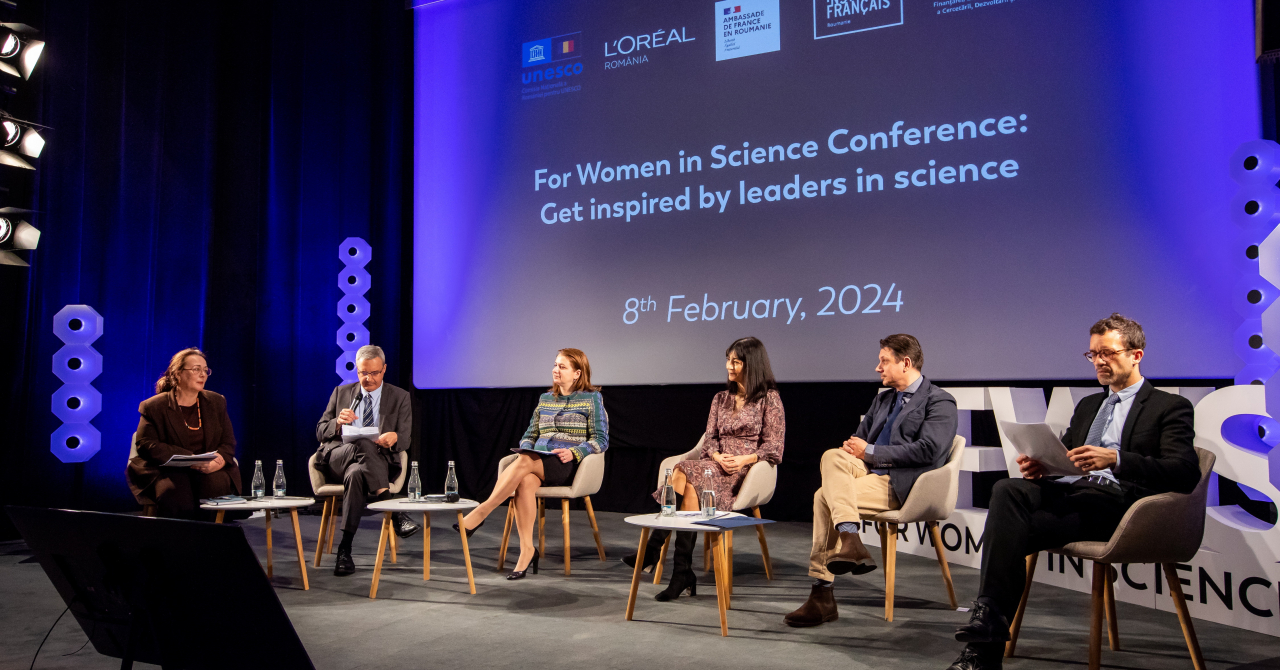
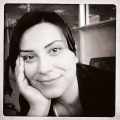


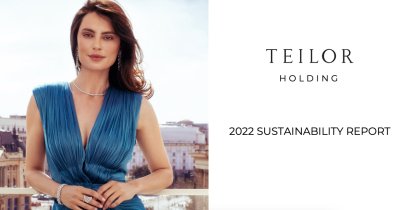

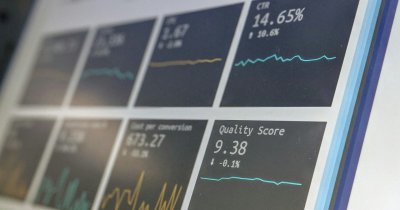

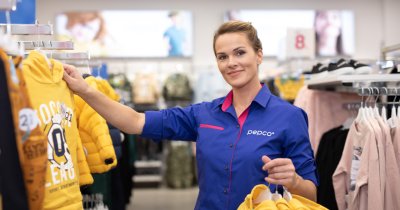
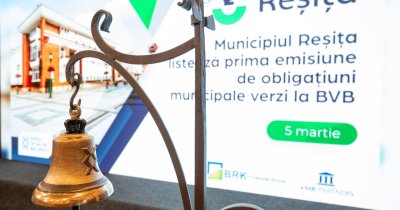


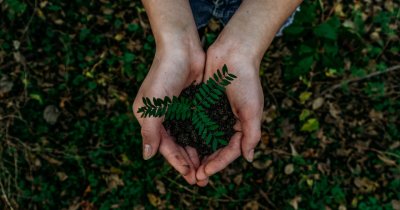
Any thoughts?